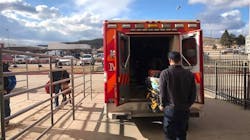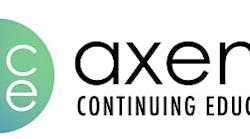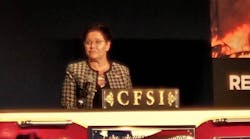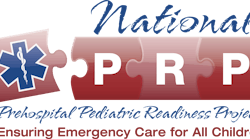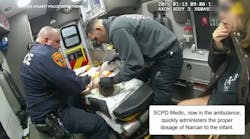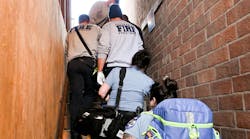When Rapid Citians call 911 asking for an ambulance, dispatch doesn’t run a credit check or ask the caller to send over a bank statement proving they can pay for the service. An ambulance is sent out, EMTs or paramedics get to work, and weeks or months later, a bill for the service arrives in the mail.
Unfortunately, many of those bills go unpaid. In Rapid City Hall on Wednesday, the city’s Legal and Finance Committee will consider a resolution to write off 2,676 unpaid ambulance bills worth more than $1.7 million that date as far back as 2006.
The Rapid City Fire Department has been the city’s lone ambulance-service provider, public or private, since 2003, when the last private ambulance company left town after struggling to break even. Now, it’s the city’s service that’s struggling.
“It’s certainly not for a lack of trying,” said Rapid City Fire Chief Rod Seals on Monday while discussing the city’s bill-collection efforts. Jason Culberson, the department’s emergency medical-services chief, echoed Seals.
“We’ve attempted everything, including sending it to one of the credit-collection companies,” he said, estimating that the ambulance service sends out about 10,000 bills per year. “We try everything.”
Of the 2,676 unpaid bills, almost 98 percent are either uncollectible because they’ve passed the state’s six-year statute of limitations or because the person who owes the money has died without an estate. Bankruptcy, incarceration and mandatory write-offs from Medicare and Medicaid denials comprise the rest. Mayor Steve Allender said the ambulance service recovered about 50 percent of what it billed, annually.
Uncollected bills and write-offs are the cost of doing business. But for the city’s ambulance service — and for public ambulance services across the nation — it’s a cost they can ill afford to pay.
Rapid City’s ambulance service, which the city budget labels an “enterprise fund,” operates like a business. Funding for the service is derived from the fees users pay for the service.
In other South Dakota towns, Seals said, a slice of people’s property taxes go toward funding the ambulance service. But Rapid City’s high call volumes mean that, historically, enough user fees are collected to avoid a taxpayer subsidy. It’s unclear how sustainable that model will be in the future, though.
“All we try to do is to break even,” Seals said. “[But] the cost of providing the service is rising faster than the reimbursements are. We are certainly not the only ones in this situation. It’s affecting all ambulance providers across the nation.”
Allender said he’s heard from city mayors and managers facing the same challenge.
“Everyone we talk to is having the same problem with ambulances and people starting to worry about the sustainability of public ambulances,” Allender said last week.
Culberson, who oversees the ambulance-service accounts and collections, said increased regulations by the Centers for Medicare and Medicaid Services, and cuts in reimbursements from the Indian Health Service, have hurt the service’s bottom line. Last year, he said, IHS cut its ambulance-service reimbursement to Medicare rates in an unforeseen move that immediately began affecting the service's coffers. And while the Medicaid state reimbursement rate has risen, it was already so low that the rise only accounts for about $36 per bill, Culberson said. A large chunk of people using the city's service are Medicaid or Medicare patients, he said.
“We’ve been seeing an alarming trend and we’re not the only ones seeing it,” Culberson said, characterizing the current situation as unsustainable.
Still, the city isn’t currently considering a new tax to help subsidize the service.
“We’re not really looking at that, but we’re not looking at this by ourselves,” Seals said, referencing the large scope of the issue.
The resolution to write off the unpaid bills will be considered at 12:30 p.m. on Wednesday, Dec. 12 in Rapid City Hall. It will the likely be forwarded to the Rapid City Council for consideration at 6:30 p.m. on Dec. 17 in city hall.
___ (c)2018 Rapid City Journal, S.D. Visit Rapid City Journal, S.D. at http://www.rapidcityjournal.com Distributed by Tribune Content Agency, LLC.
